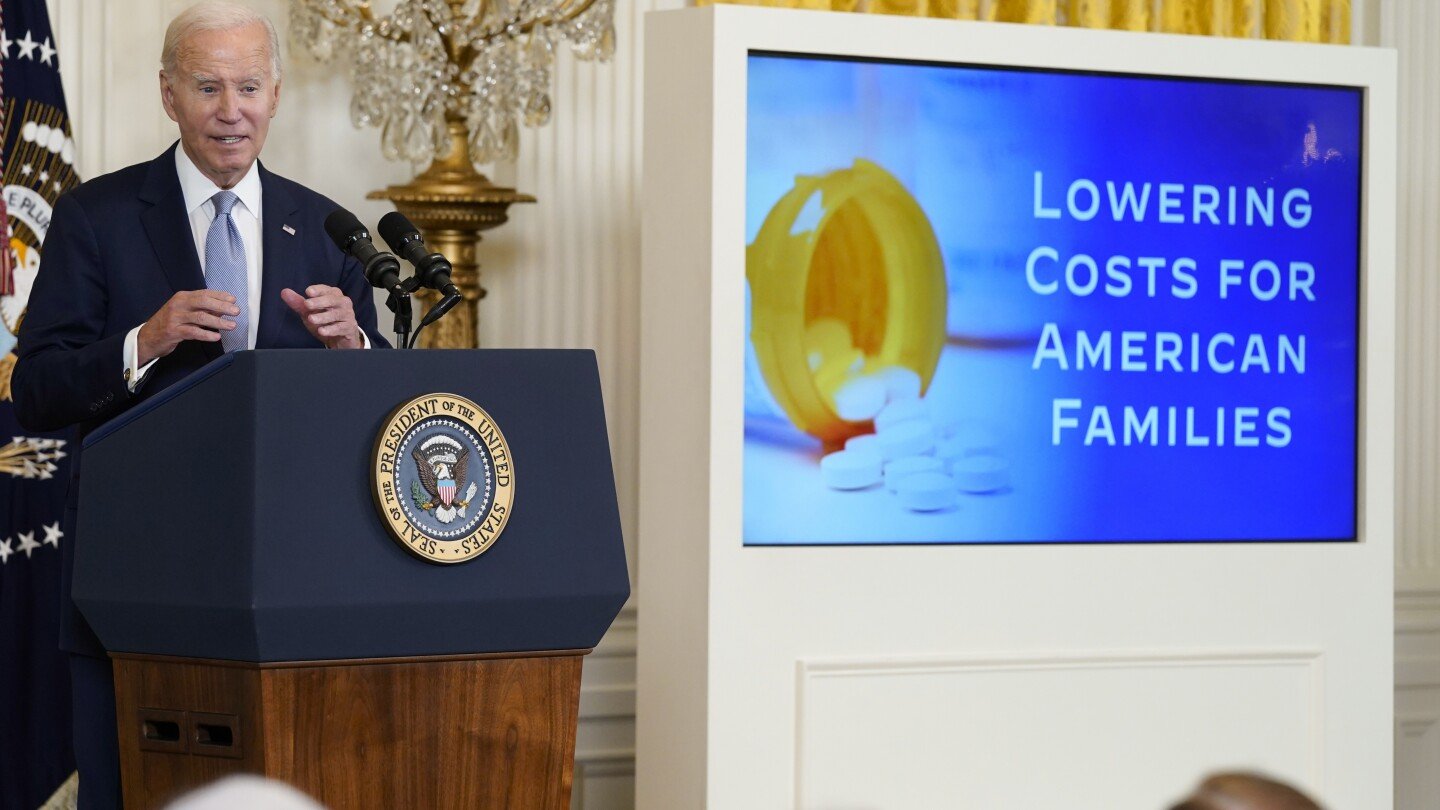The Biden administration is putting pharmaceutical companies on notice, warning them that if the price of certain drugs is too high, the government might cancel their patent protection and allow rivals to make their own versions.
Under a plan announced Thursday, the government would consider overriding the patent for high-priced drugs that have been developed with the help of taxpayer money and letting competitors make them in hopes of driving down the cost.
In a 15-second video released to YouTube on Wednesday night, President Joe Biden promised the move would lower prices.
“Today, we’re taking a very important step toward ending price gouging so you don’t have to pay more for the medicine you need,” he said.



The only argument I can see is maybe if the grant (whatever it is called) only covers for partial, so like if the government adds in $10k, then that shouldn’t be the same as them funding the whole thing (this number is not exact I got no idea on true amounts). So some leeway but they shouldn’t get a full patent if taxpayers money is used on it for sure.
Though then you’ll get some creative accounting to show the government spent less percentage than thought and all that so it sucks but something needs to make sure taxpayers get what they paid for.
Almost ALL drug research is based on what is called fundamental research, which is basic research that at first glance does not seem to lead to any practical application. E.g., one group might discover an unusual protein side chain, another group then found that this side chain is inhibited by a certain molecule and another traced the metabolic pathway. These are usually done by postgrad students at universities all around the world and funded by their own governments via research grants. Almost always, these grants are paid by the country’s tax payers.
Here’s the kicker. To get noticed and to get promotions, these researchers have to PAY publishing companies to publish their findings in journals, after which the publisher owns the copyright to it and put up an obscene paywall.
Then, pharmaceutical companies skim these publications, usually combining the findings of 100s of articles as their starting point to develop new drugs. E.g. that protein side chain mentioned earlier turned out to be a target for anticancer drugs. Without these basic findings, big pharma don’t even know where to start. Essentially, governments and tax payers around the world subsidize the basic research of big pharma only for these companies to charge obscene prices and region lock the drugs.